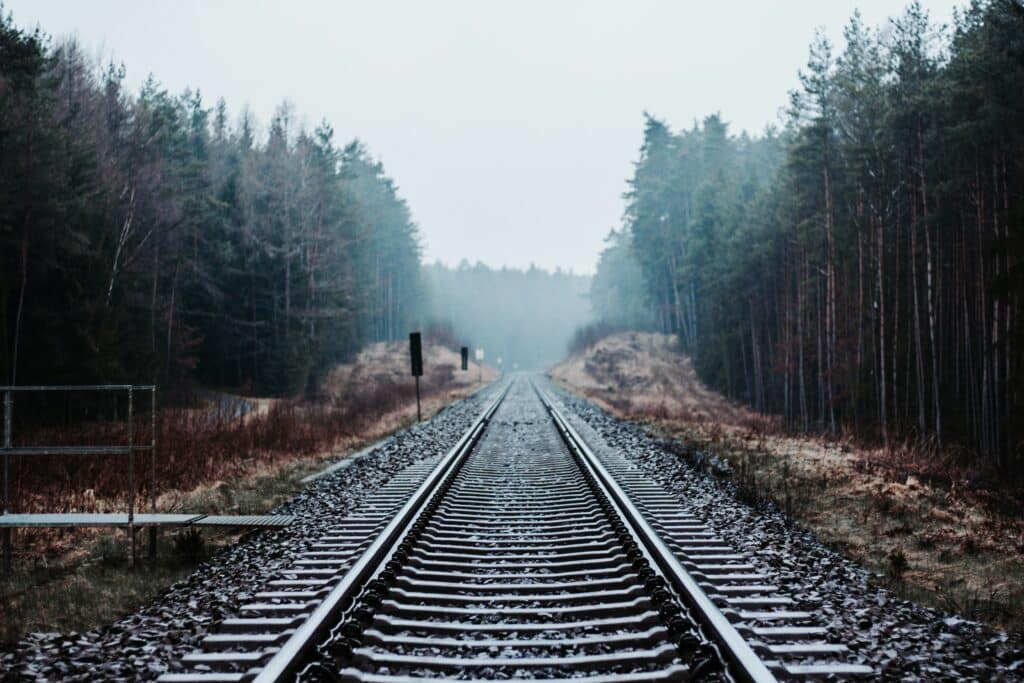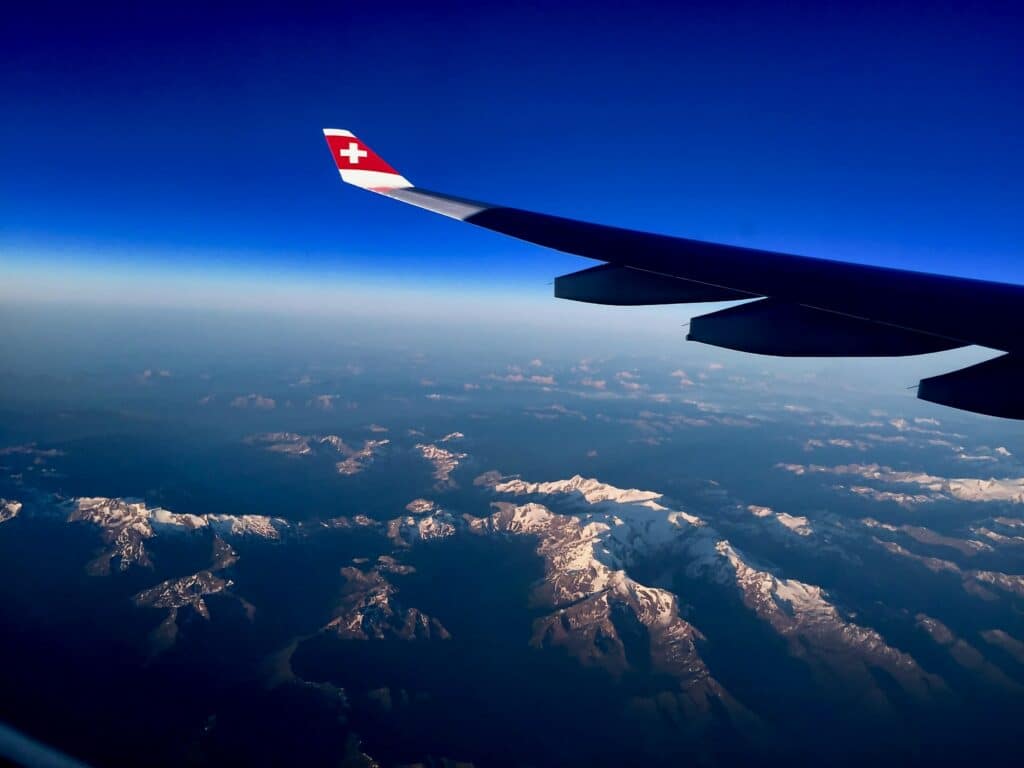
Electricity is used for railway traction. With the 4th Railway Package, traction current became excluded from the Minimum Access Package to be provided by the Infrastructure Managers (IMs) and was declared an additional service that could be acquired from third parties or even directly generated by the Railway Undertakings (RUs) themselves. It is, however, still common in many Member States to have the IMs as the only providers (the so-called “intermediaries”) of electricity for traction, be it for legal or for technical reasons. The question of traction current has recently gained attention because of the decarbonisation imperative on the one hand and the rise in electricity prices on the other. Overall, there seems to be a need for clearer regulation.
In the context of their corporatisation, railway operators were unbundled and their electricity generation, if they had any, was often sold to electricity generating companies. Most IMs now buy electricity on the market, even though some of the IMs still generate their own electricity or a portion thereof. With increasing electricity prices IMs are forced to manage their electricity portfolio more proactively (futures, hedging, etc.). Some of the IMs are even considering going back into the generation business be it in order to reduce price risks or in order to take advantage of renewables generation along their infrastructures. There might even be opportunities for IMs to sell electricity, for example for charging electric vehicles at railway stations. This raises the question as to how far IMs can go in terms of energy management and generation, thus the need for regulatory certainty. In particular, there is a need to clarify the interface between railway and energy regulation.
Against this backdrop, the 22nd Florence Rail Forum will bring together European and national policymakers, regulatory bodies, railway undertakings, infrastructure managers, and academics, among others, with a view to examining the following three critical questions:
Please note that participation at this event is by invitation only.
Introduction
Matthias Finger – FSR-Transport
Alberto Oeo Pizarro – IRG-Rail
Alberto Pototschnig – FSR-Energy
Session A
Christian Wolf – German Federal Network Agency
Florian Baentsch – DB Energie GmbH
Session B

The 4th Florence Rail Regulation Conference aims to discuss advancements for accelerating the growth of the railways in the EU.…

Introduction The 2nd Florence Aviation Regulation Conference aims to discuss the current and future economic and regulatory policies relating to air…
To meet, discuss and learn in the channel that suits you best.